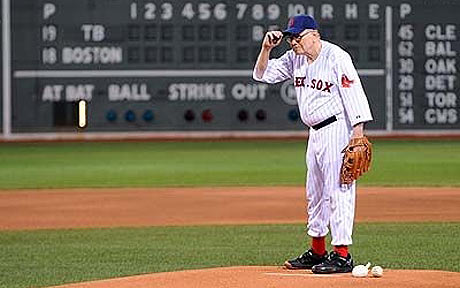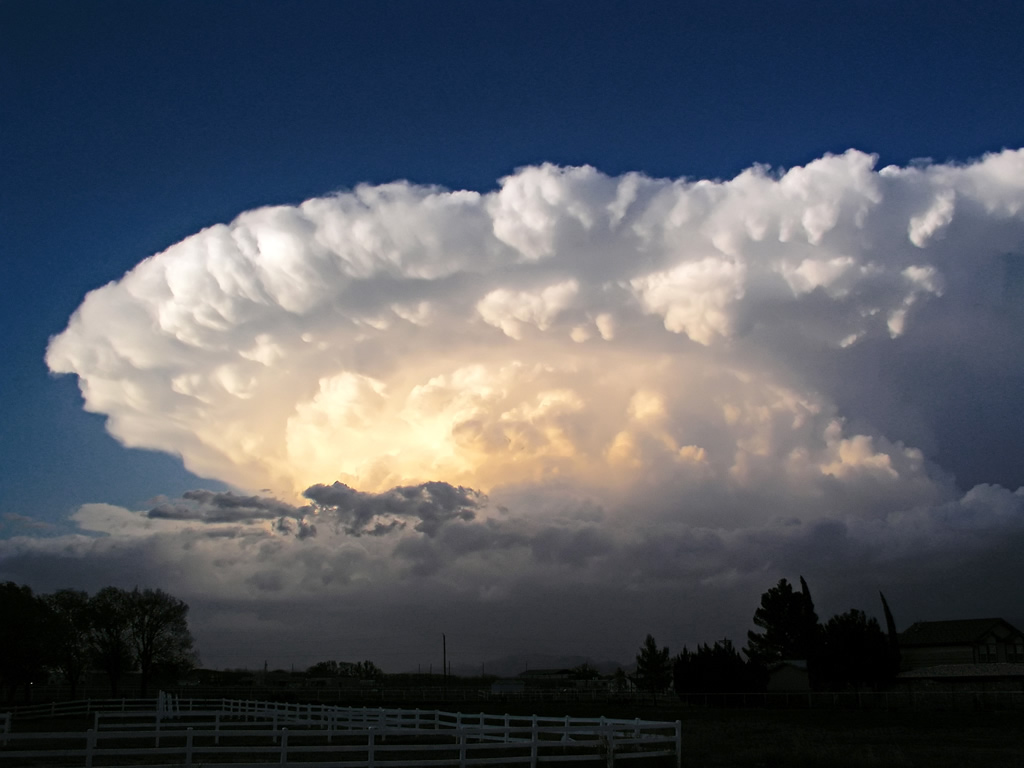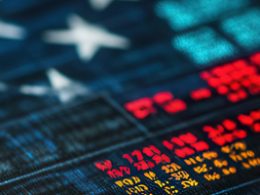On Friday Russia welcomes the world's athletes to Sochi. Russian President and former KGB Lieutenant Colonel Vladimir Putin has spared no expense turning a summer resort town into a winter sport venue on a grand scale. Russia has pumped $51 billion into the preparations for the 22nd Winter Olympiad. 2800 athletes from 88 nations (including the Dogecoin funded Jamaican bobsled team) will compete over the next three weeks in the Black Sea resort town. As they do, here are a couple things to keep in mind.
The stock market has done pretty well during the Olympic games over the last 20 years. Since Lillehammer in '94, S&P 500 returns over the period from the opening ceremonies to the closing ceremonies have averaged +1.14%. But the Olympics seems to be a harbinger of volatility. The year following the opening ceremonies has had either a double-digit gain or a double digit loss 7 out of 10 times in recent history. Average gains have been a respectable 21.45% while losess have been larger in absolute term at 27.54%. Below is a table detailing each Olympic year.
We also took a look at how Olympic companies - current "The Olympic Partner" or TOP sponsors - have done during the Olympics (opening ceremonies to closing ceremonies) since they became sponsors. We've also included some popular sports apparel names. TOP participants are included from the first year they became sponsors dating back to 1994 and sportswear stocks are included dating back to 1994 (2006 for UA following its IPO in '05; price data for the ADDYY depository receipt wasn't available before 2006). Grey years are Winter games while Summer Olympics are white. The first table shows the returns for each stock during the Olympics and the second shows the returns for each stock vs the S&P 500 during the Olympics.
While 2012 wasn't a very good Games for most sponsors in terms of stock performance, all except for Visa have outperformed the market during the Olympics since their sponsorship debut. NKE has also picked up on the Olympic fever despite lacking TOP status. UA and Germany-based ADDYY have had a rougher go than the market incumbent.
Copyright © Bespoke Investment Group













